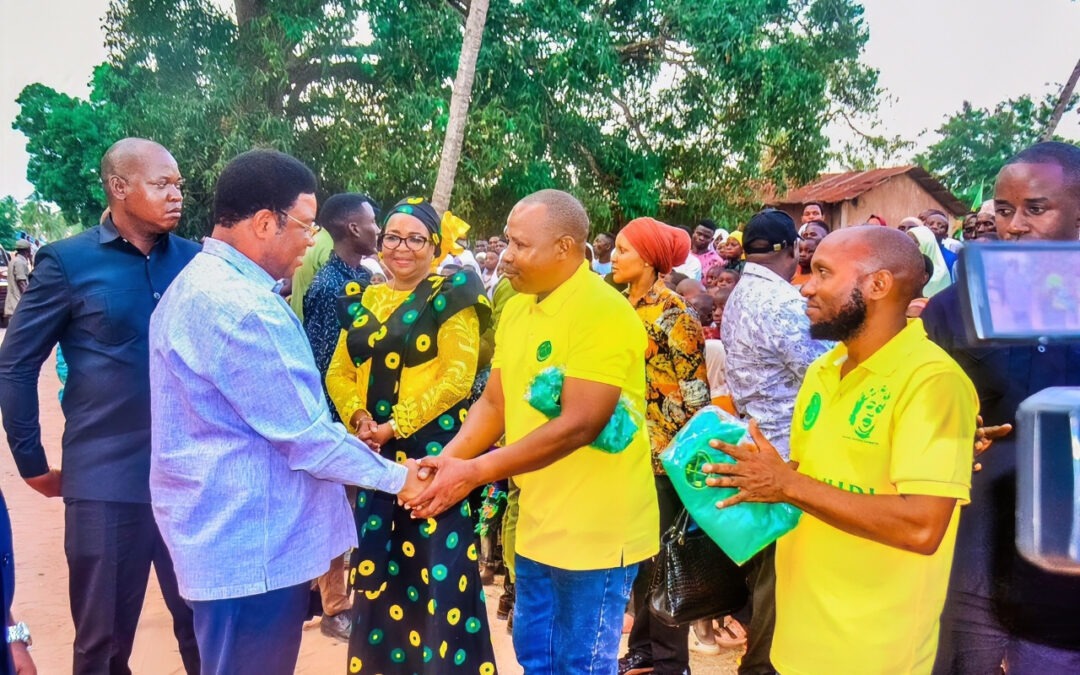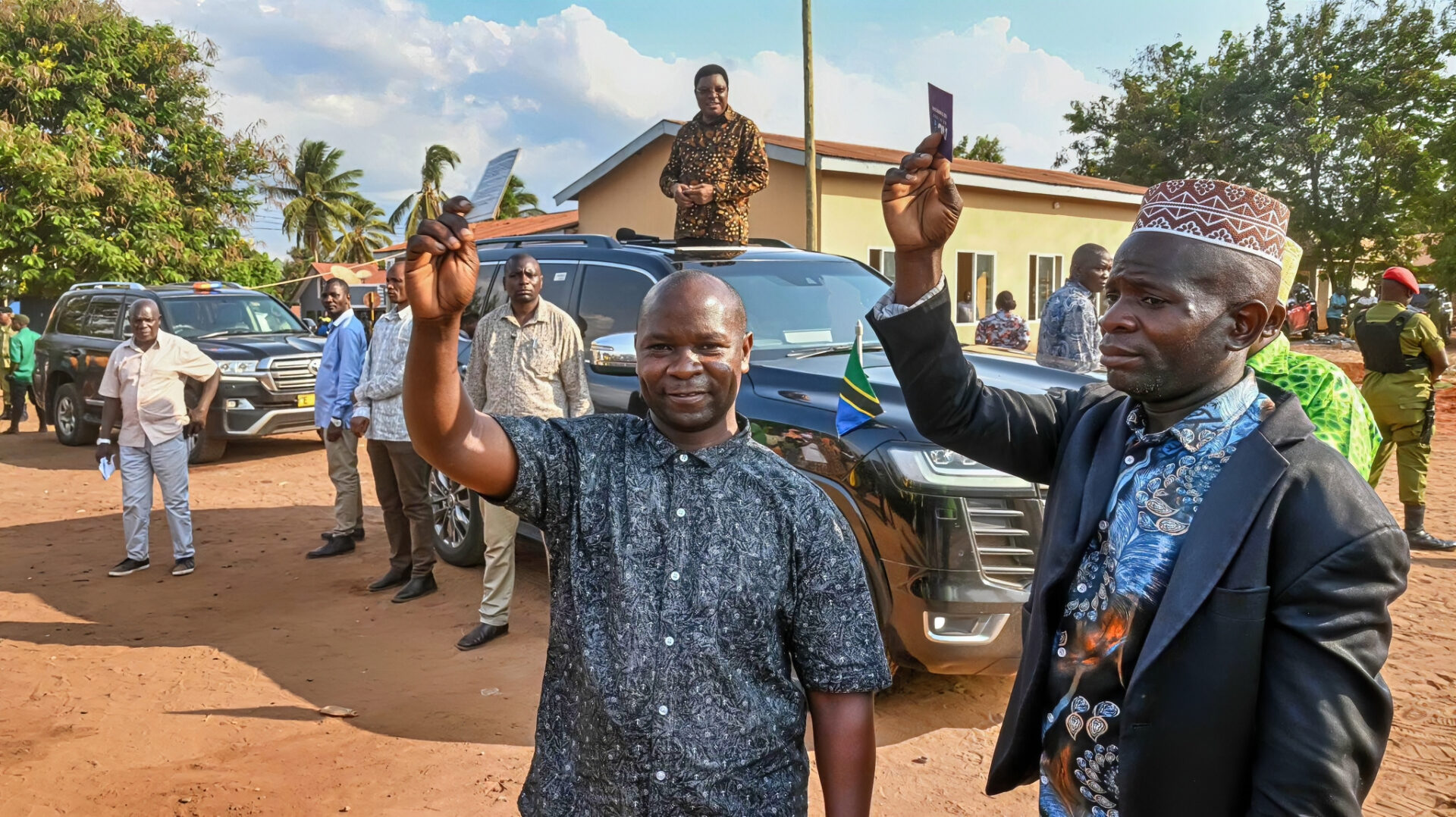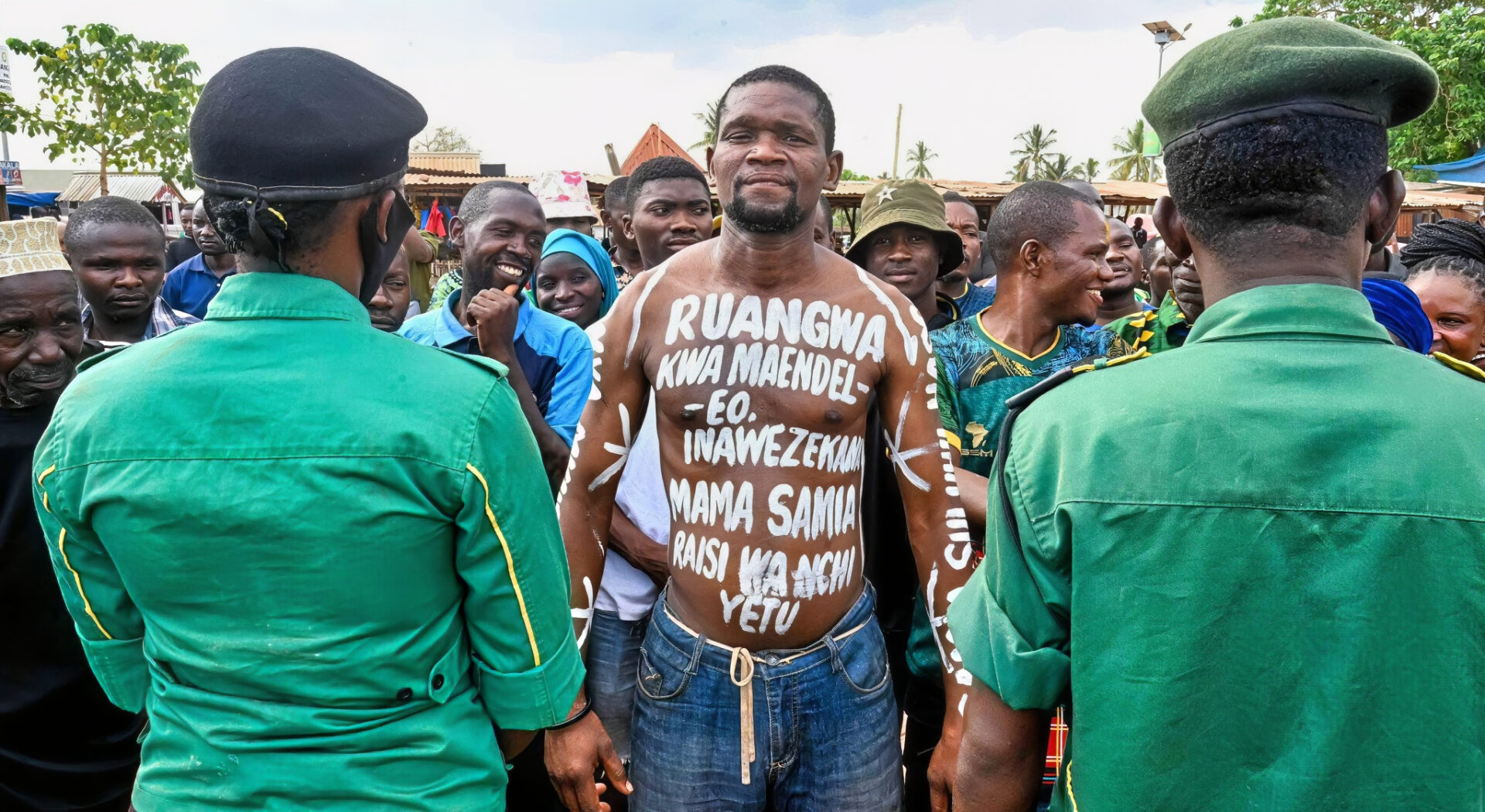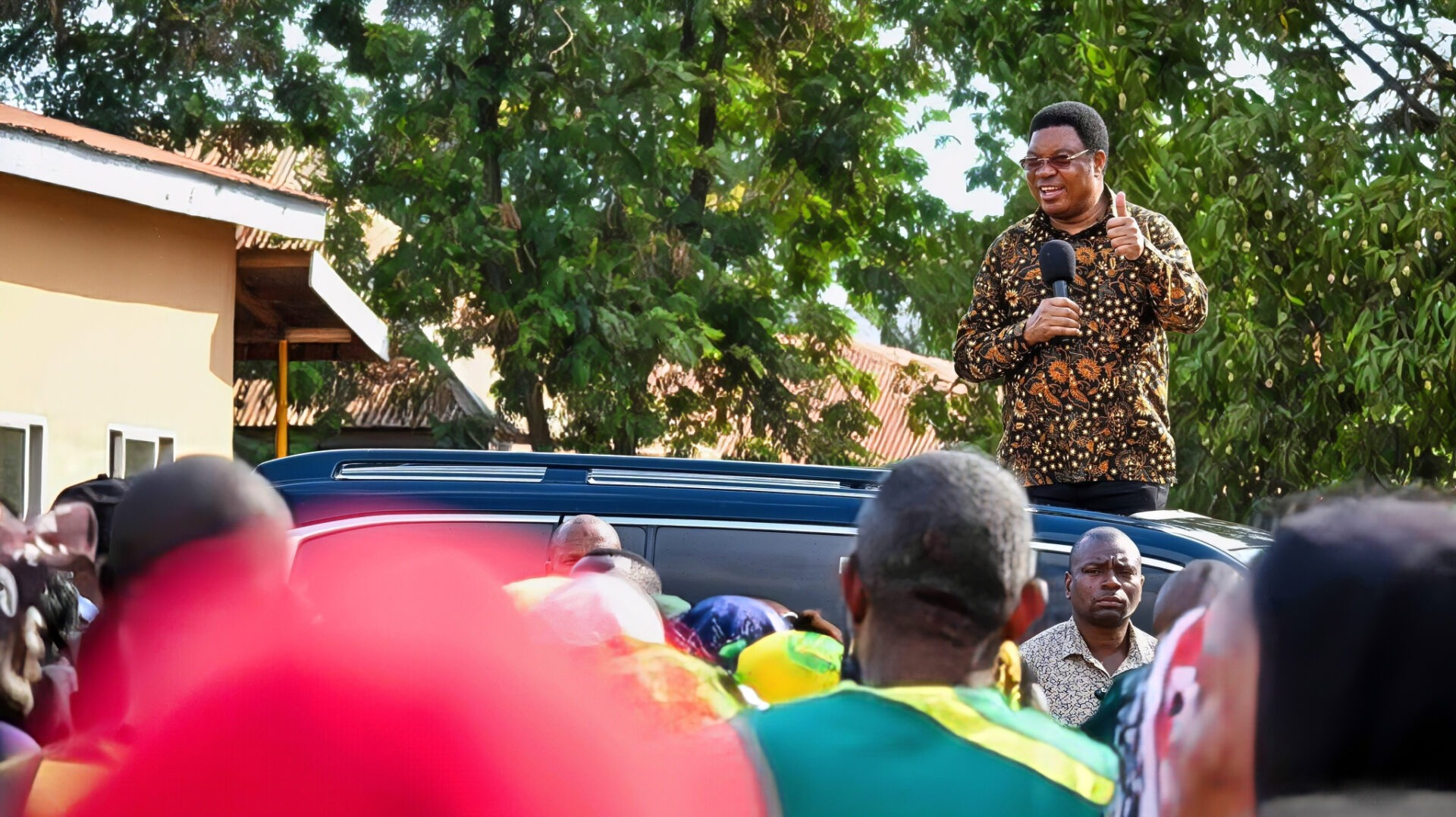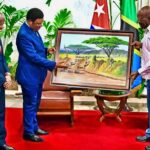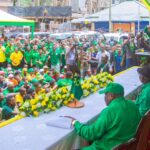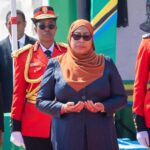Tanzania’s Political Landscape: The Significance of Party Defections
In the dynamic arena of Tanzanian politics, the recent defection of two councilors and a Ward Secretary from the Civic United Front (CUF) and the Alliance for Change (ACT-Wazalendo) back to the Chama Cha Mapinduzi (CCM) party is a noteworthy development. This event, observed by Mr Kassim Majaliwa, a prominent member of the CCM and the Member of Parliament for Ruangwa, serves to illustrate the fluid nature of political affiliations within the country.
Mr Kassim Majaliwa, a member of the Central Committee of the Revolutionary Party (CCM) and Member of Parliament for Ruangwa, observed the return of two councillors and the Ward Secretary from the CUF and ACT-Wazalendo parties to the Revolutionary Party at the end of this week.
During his visit to the village of Milola on the first day, Mr. Majaliwa observed the councilors of Milola and Rutamba Wards being introduced by Mchinga State Member of Parliament, Mama Salma Kikwete, at a public meeting held at Milola Centre, Milola Ward, Municipality of Lindi.
The leaders who have rejoined the CCM are Councilor of Milola, Mr. Hussein Kimbyoko, previously with the People’s Party (CUF), and Councilor of Rutambi, Mr. Athumani Mmaieje, previously with the ACT Party – Wazalendo.
On the second day of his visit to Ruangwa state, Mr. Majaliwa observed two additional members presenting their membership cards to the CCM Chairman of Ruangwa District, Elder Ibrahim Issa Ndoro, during a meeting held at Wandorwa grounds in Ruangwa district, Lindi region.
The members are Alhaji Abasi Abdallah Chinguwile from ACT WAZALENDO, who was previously a member of the Mmawa village, Likunja Ward, Ruangwa district. Mr. Jafari Juma Nang’anda from CUF, who also served as Director of Elections and Ward Secretary of Nachingwea Ward in the district, is another.
Mr. Jafari Nang’anda stated that he has confidence in the ability of CCM leaders at the regional and district levels to fulfill their responsibilities and that he is available to contribute his expertise at any time and in any capacity.
Historical Context and CCM’s Dominance
The CCM, which has been the ruling party in Tanzania since the nation’s independence, has faced challenges to its influence from various opposition parties over the years. The return of these political figures to the CCM could be indicative of the party’s enduring appeal or a strategic move by the individuals involved, seeking alignment with the party that currently holds power.
Key Figures and Political Shifts
Mr. Majaliwa, a prominent figure in Tanzanian politics, has been an active participant in the country’s political evolution. Mr. Majaliwa’s role within the party and his insights into the evolving political landscape are invaluable, as they may inform the strategic direction and policy decisions of the CCM in the future.
Implications of the Defections
The consequences of these defections are numerous and far-reaching. From a strategic perspective, the defections could reinforce the CCM by re-integrating seasoned political operators, thereby potentially bolstering its standing in specific regions. Conversely, this could also indicate a potential weakening of the opposition’s capacity to maintain a unified stance against the ruling party.
Broader Political Climate
It is not uncommon for political movements to occur in Tanzania’s multi-party system, where allegiances can shift in response to changing political tides. These defections may be indicative of the broader political landscape in Tanzania, where the CCM has maintained a dominant position, though not without challenges from emerging parties and coalitions.
Upcoming Events and International Involvement
In addition to these developments, the broader context of Tanzanian politics includes the upcoming energy summit in January 2025, which aims to address Africa’s electrification challenges. Prime Minister Kassim Majaliwa’s participation in international forums, including the United Nations General Debate and the Non-Aligned Movement summit, demonstrates Tanzania’s active role on the global stage.
In conclusion, the return of these councilors and the Ward Secretary to the CCM is indicative of the evolving political landscape in Tanzania. This reflects the strategic calculations of political actors, the enduring influence of the CCM, and the ongoing contestation for power within the nation. As Tanzania continues to navigate its path on both the domestic and international fronts, the movements within its political parties will remain a subject of keen interest to observers and stakeholders alike.
Tanzania Media
- Kanyala Ferry Launch: TEMESA’s New Service for 15,000 Sengerema Residents (Mwanza) - 18 August 2025
- Russia-Tanzania Naval Cooperation: How the Smolny Training Ship Boosts Dar es Salaam’s Maritime Security - 18 August 2025
- Tanzania’s ICGLR Commitment: Stabilising the DRC & Great Lakes Region - 18 August 2025

